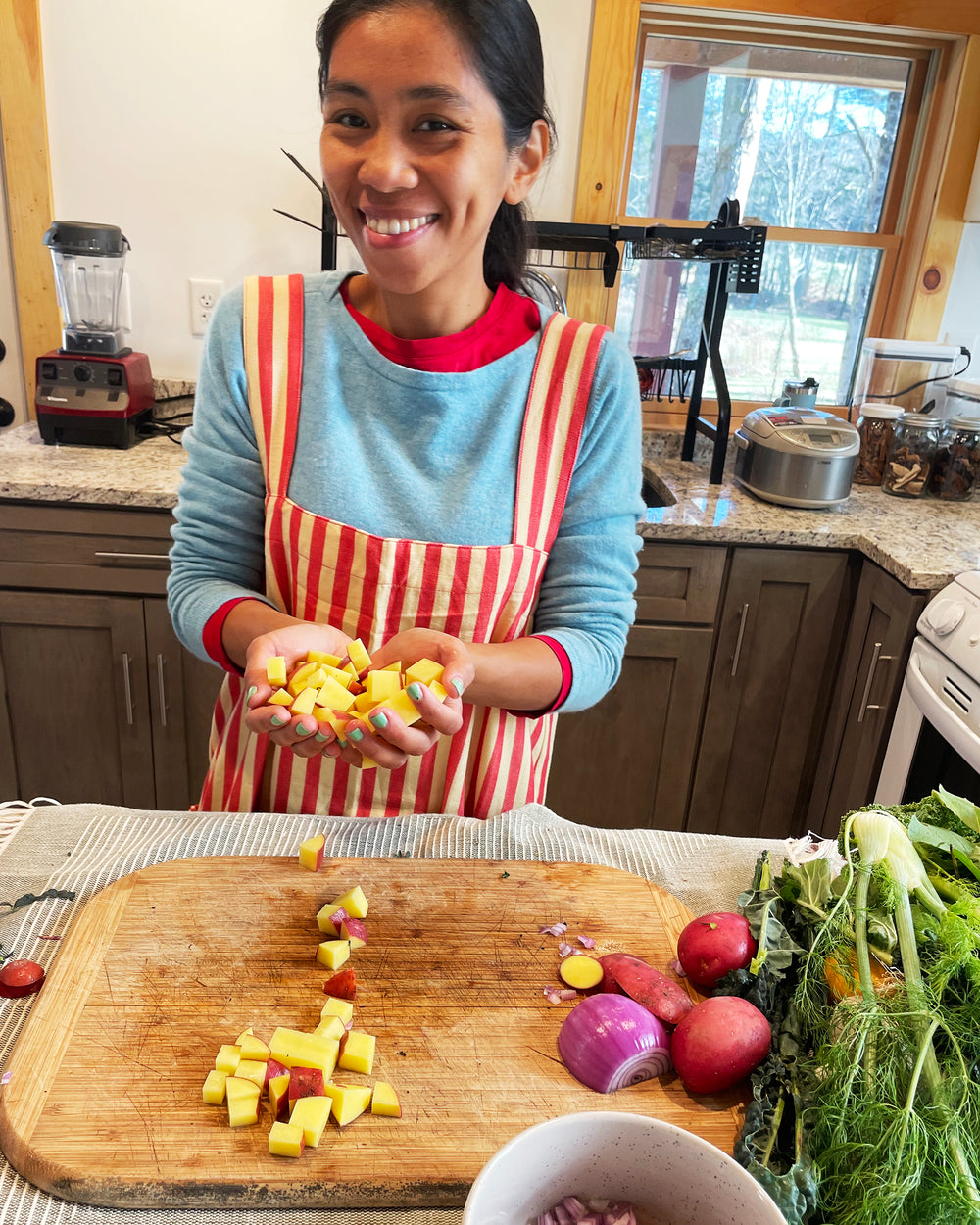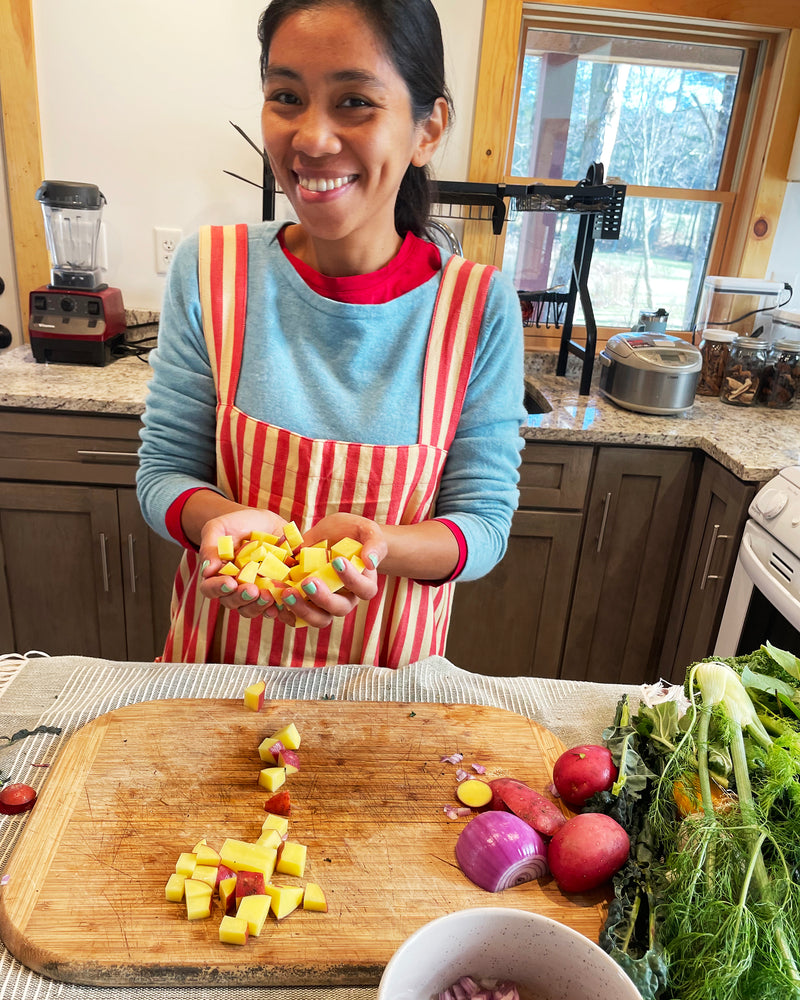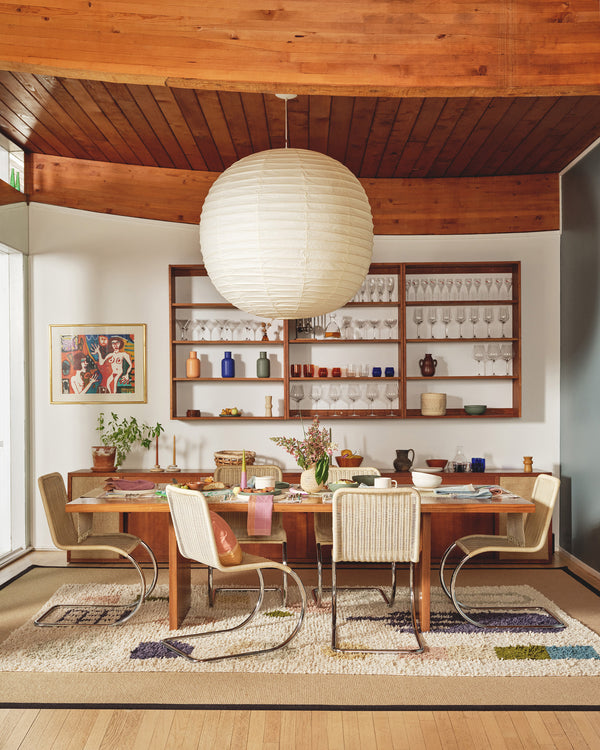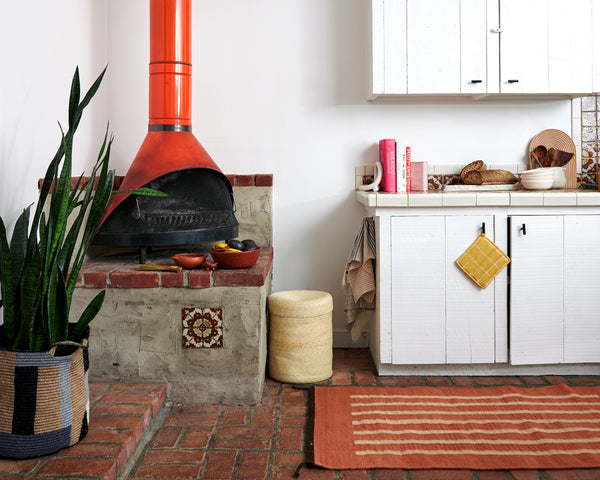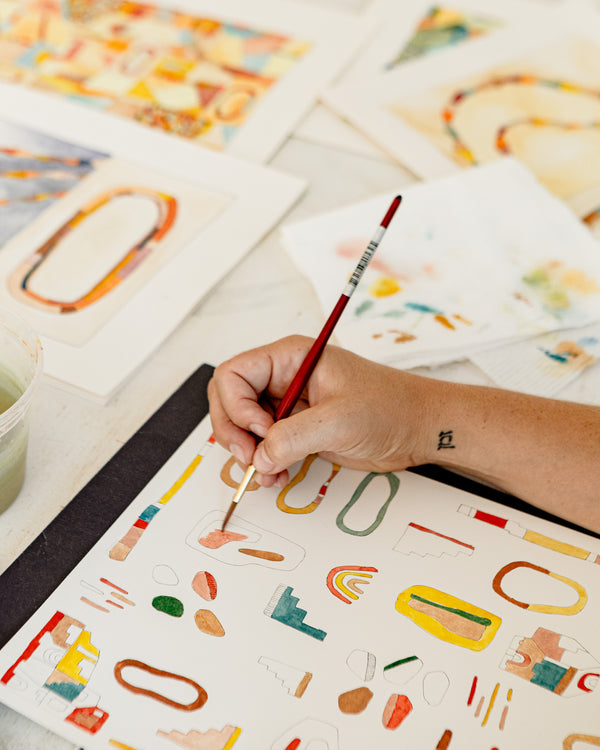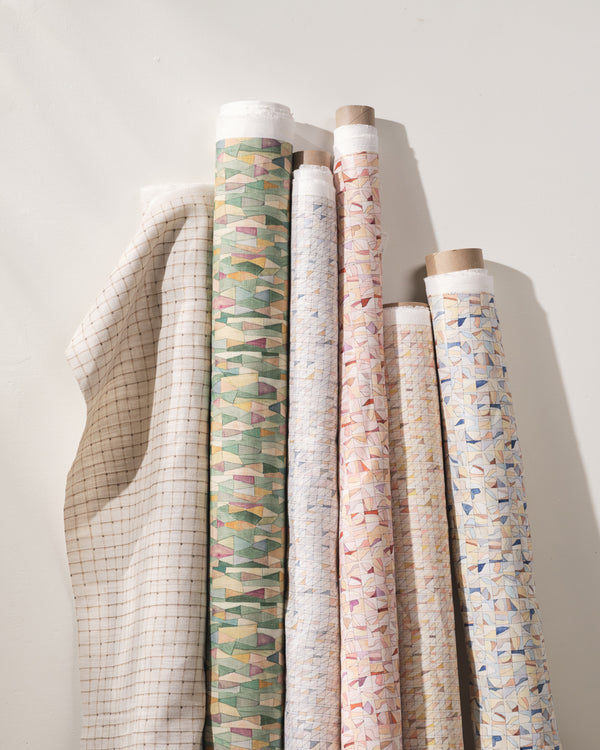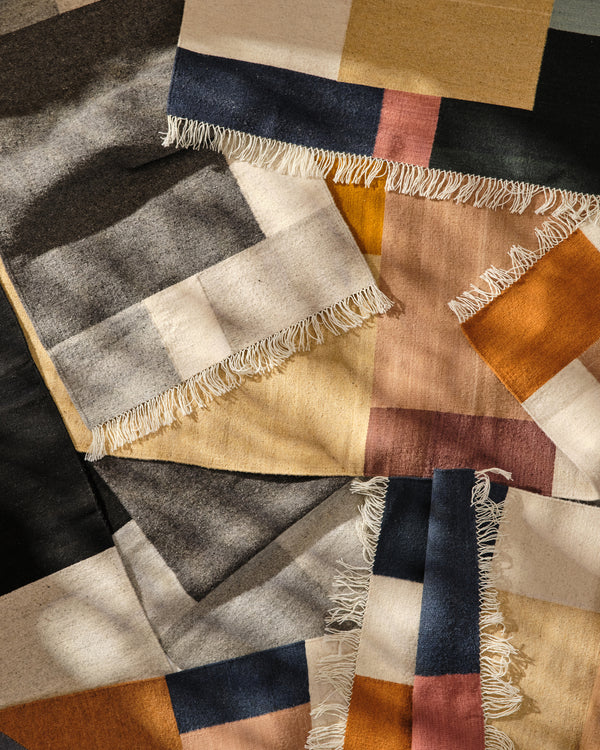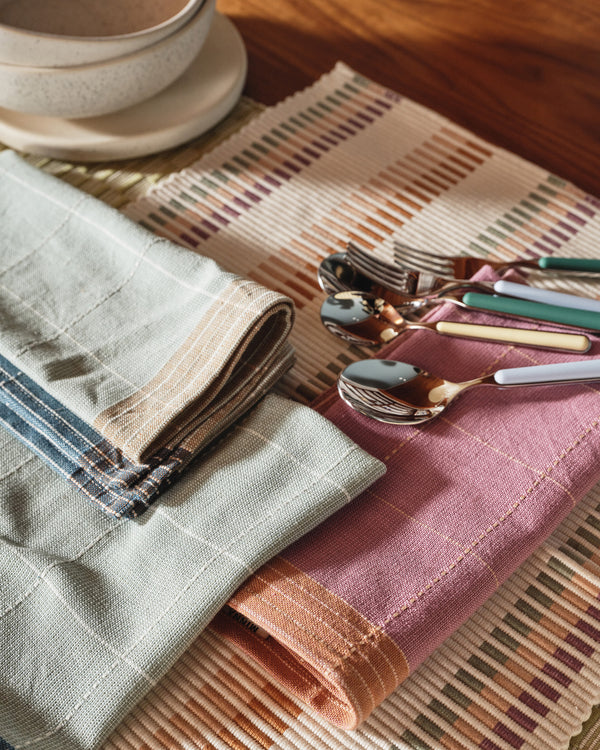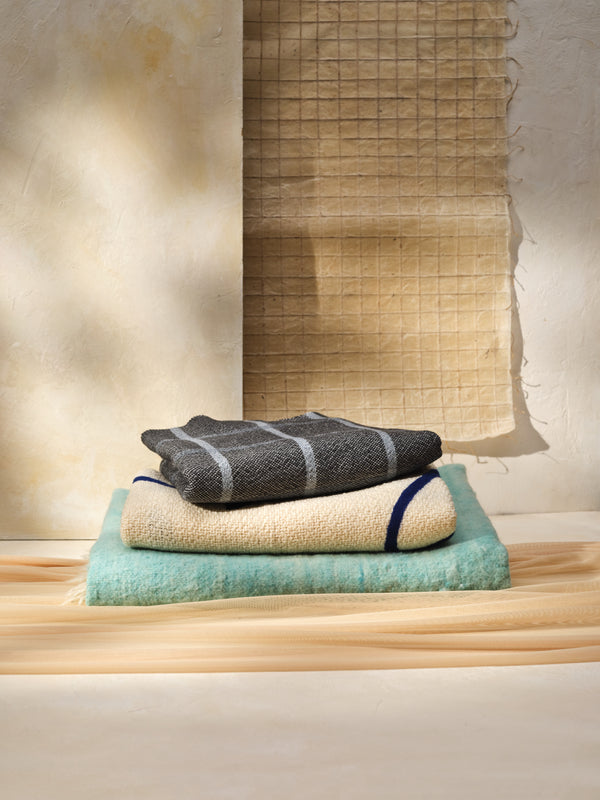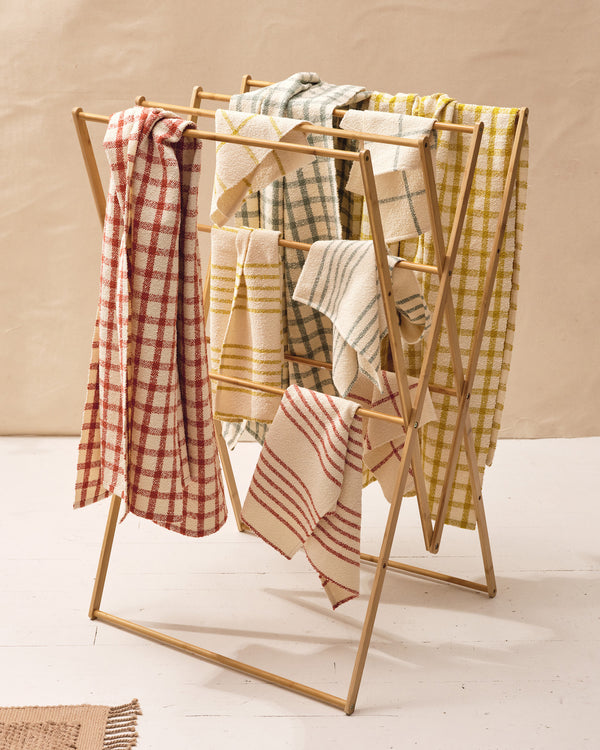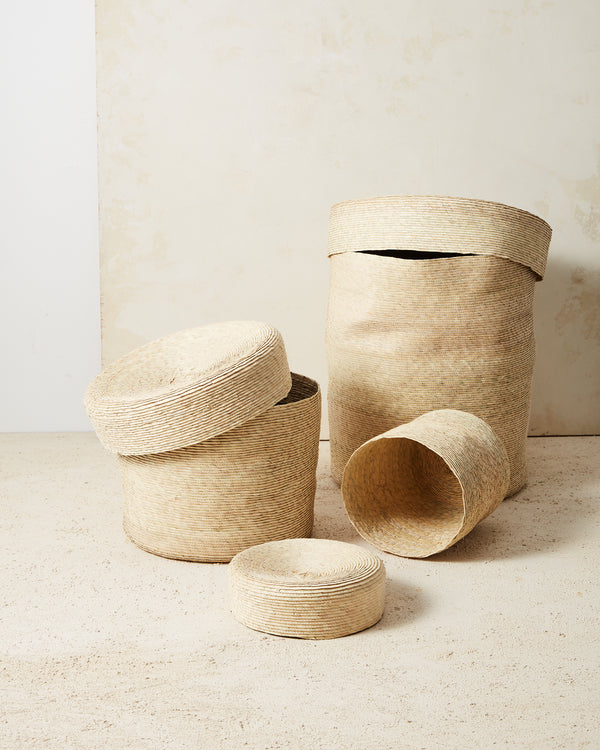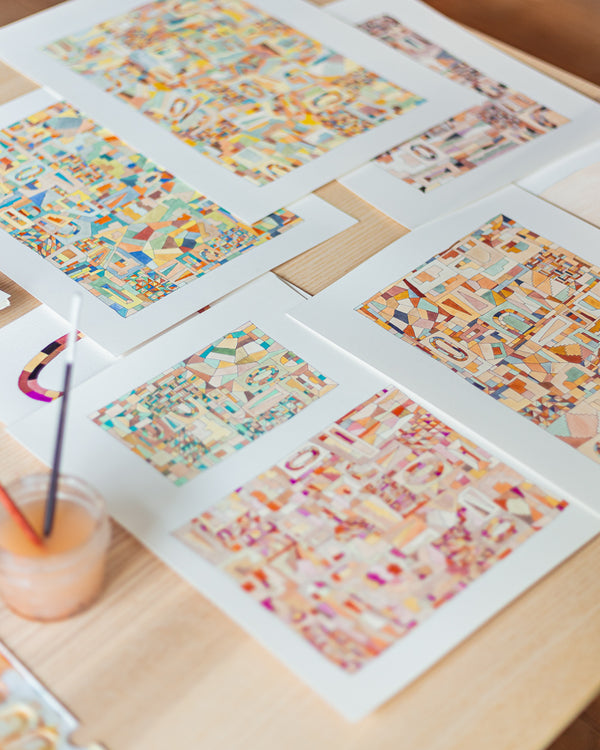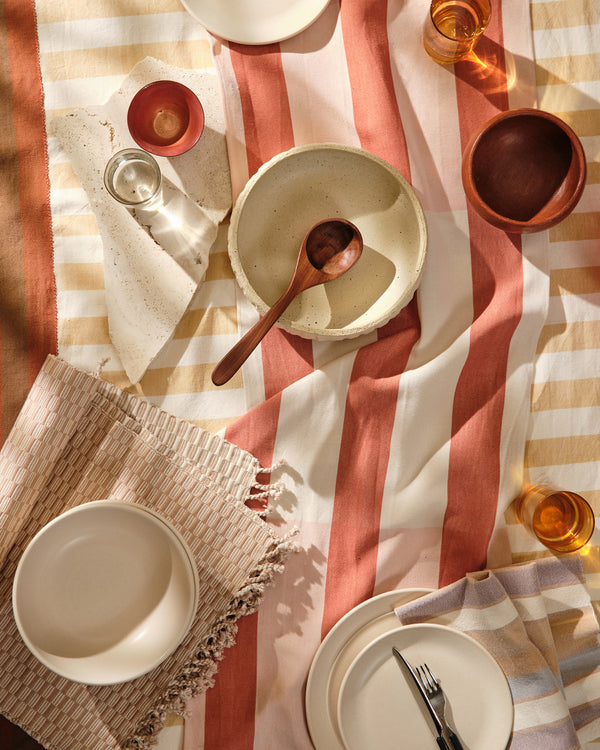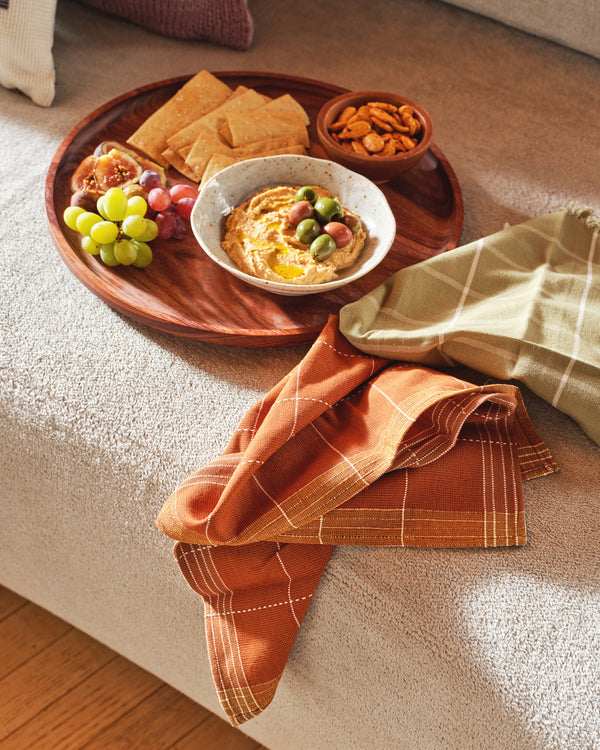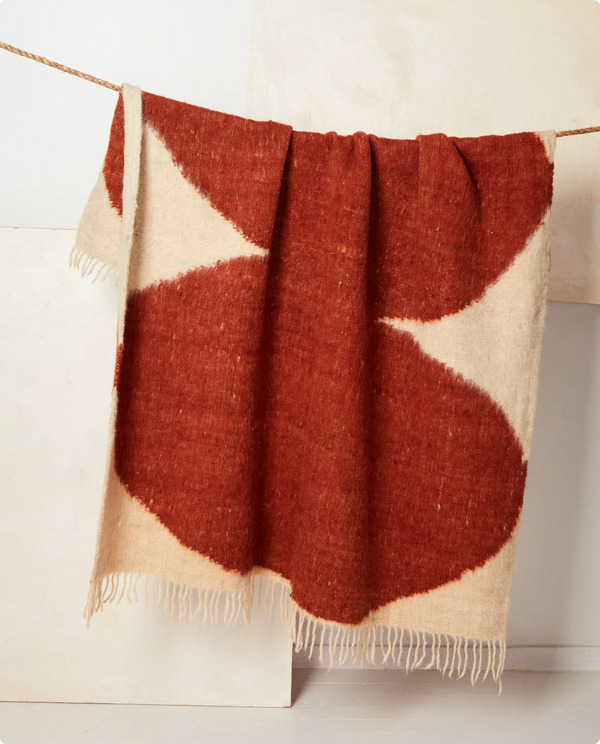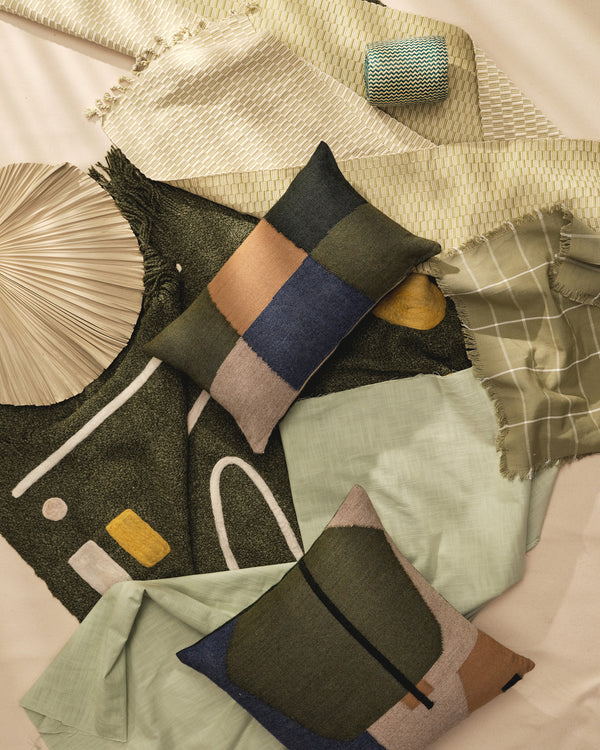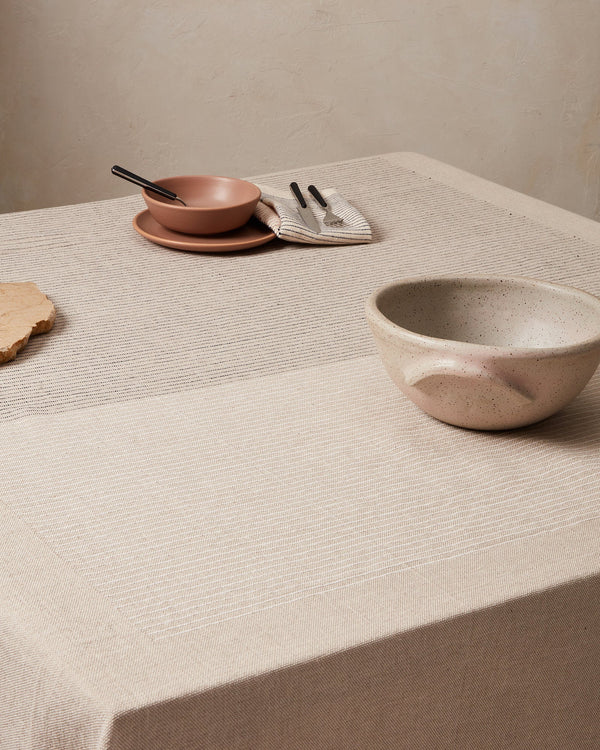Soul Fire Farm is an Afro-Indigenous centered community farm committed to uprooting racism and seeding sovereignty in the food system. We raise and distribute life-giving food as a means to end food apartheid. With deep reverence for the land and wisdom of our ancestors, we work to reclaim our collective right to belong to the earth and to have agency in the food system. We bring diverse communities together on this healing land to share skills on sustainable agriculture, natural building, spiritual activism, health, and environmental justice. We are training the next generation of activist-farmers and strengthening the movements for food sovereignty and community self-determination.
Our food sovereignty programs reach over 10,000 people each year, including farmer training for Black and Brown growers, reparations and land return initiatives for northeast farmers, food justice workshops for urban youth, home gardens for city-dwellers living under food apartheid, doorstep harvest delivery for food insecure households, and systems and policy education for public decision-makers.
In my role as a Farm to Table Manager at Soul Fire Farm, I farm and I cook. I harvest food from the farm and transform it into delicious meals, preserves and value-add products. For example, I harvest our organic apples and make applesauce that share along with the fresh vegetables, herbal medicine and eggs, to our Solidarity Share members. Every week we deliver food at no-cost to those that need it most in our community: 22 households plus the Refugee Center, Free Food Fridge Albany, food pantry and church community. This year I harvested 100 lbs of napa cabbage to make kimchi so our community can enjoy probiotic food all year long. I also teach food preservation to our community to prevent food waste. I am the chef for all of the programs we host on the farm. One of the programs is our week-long Farming Immersion for Black, Indigenous and other People of Color. Every summer we train the next generation to grow their own food and medicine.
What recipe are you sharing with us today?
Maitake Fall Kale Soup with Miso
It's almost the end of fall season the cold crisp air and ice on the ground makes me crave for a warm kale soup for my lunch, so I went outside to my garden and I harvested some Lacinato kale, curly kale, daikon, turnip, and gathered some red potatoes, garlic, red onions and fennel from Soul Fire Farm I also have miso paste that I made February 2021, and today I am so excited to open the jar and use my home made miso for this kale soup. I also have dried maitake mushrooms that I foraged from the forest late summer this year. I am happy to share this recipe with you! I call it “Maitake Fall Kale Soup with Miso.”
Why is this recipe special to you?
This recipe is special to me because it reminds me of the celebration from seeds I planted in March, the gift from the land. How grateful I am that the land can provide food for me my family and my community. And now Mother Nature, the soil and the land are resting from their hard work throughout growing season. As I enjoy this kale soup, I too am giving myself space to be grateful and to slow down.
